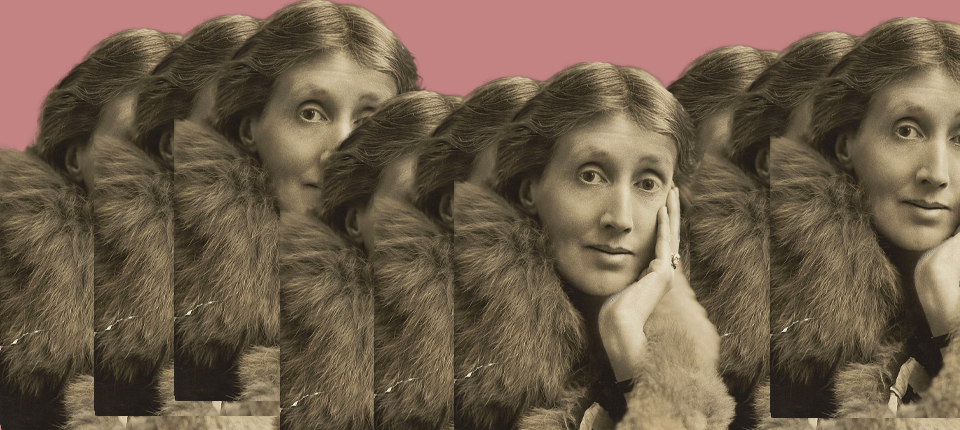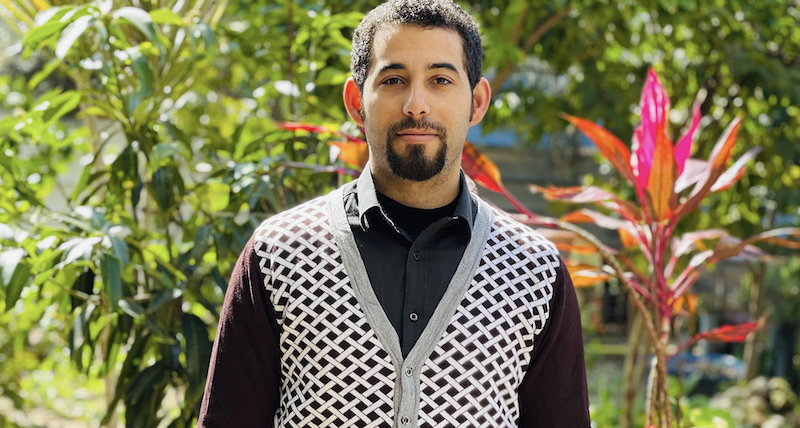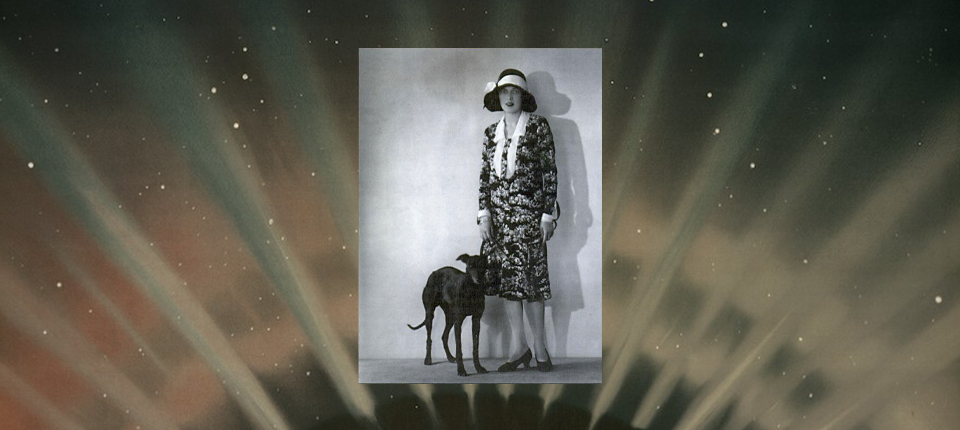Michael Longley’s Selected Poems is published by a little-known American university press, presumably to introduce his work to American readers. But a British edition would not be a luxury. After all, the way in which a distinguished contemporary poet selects from his first seventeen years of writing is significant for the readers who have been following his work, especially as, in this case, Longley’s first three collections are out of print.
Longley’s first book, No Continuing City (1969), established at once that he was at home with the colloquial and natural as well as with artifice. Interestingly enough, the seven poems reprinted from that book do not include those which, through a refreshing technical accomplishment, recommended themselves at the time – poems like “Epithalamion”, “A Personal Statement” and “The Hebrides”.
His development suggests a slow riddance of the more noticeable restraints of formalism, an affectionate departure from rhyme and metre rather than a trite rejection of what can be achieved through traditional means. Verse, however, is still the ground on which Longley’s writing is founded. In An Exploded View (1973), he introduced his poetry of the Troubles, an experience against which poetic technique (let alone imagination) had to contend in ways that to most of us are hardly imaginable. “Wounds” is included, and two of his “Letters to Irish Poets” (written in epistolary tetrameters). That book was interesting, too, for its portrayal of imaginary landscapes – “Ghost Town”, “The Fairground”, “The Island” and “Caravan” – the sort of places to which the mind retires when more immediate subjects are offensively beyond a writer’s temperament. Of these only “Caravan’ has been selected, while no room has been found for the excellent “Alibis”.
As a result, a reader already familiar with Longley’s work might find his attention redirected to such poems as “Casualty”, which is worth comparing with Derek Mahon’s “Matthew V. 29–30”. In Longley’s case, an animal cadaver is observed as it is reduced by the elements, until
… something that had followed
Fox and crow was desperate for
A last morsel and was
Other than the wind and rain
In Mahon’s poem, the speaker reduces himself by imaginary surgery until he becomes nothing: “Only then was I fit for human society.” Mahon’s poem is sheer bravura; its wit is macabre and fascinating. Longley’s poem reaches much the same conclusion, an attainment of spirit; and it is at least possible that in each case the intuition underlying them is generated by political loathing. They read like exercises in sacrificial purification.
A comparison of what Longley has chosen to reprint with one’s own expectations provokes an appreciation of his remarkable consistency. It is that level of competence – I do not remember reading a poem by Longley which was noticeably bad – which has led some readers to think of his work as unexciting and others to welcome it as exemplary for the clearness of its imagery: what some see as his originality others, no doubt, have seen as merely fastidious. (Admittedly, his third book, Man Lying on a Wall (1976), was, if not a disappointment, then less concerned with new subjects and techniques than one might have hoped.) Longley’s poetry is impressive for its skill, its cadences, and the naturalness of the voice speaking within it. It is to his misfortune that the poems take time to exert their full mystery: he is the sort of writer whose work is easily undervalued. An imagining, sensuously compassionate poet, he is at his best when his experience of nature blends into and nourishes his equally vivid sense of love and death, as in “Mayo” or “Obsequies”. Wisely, he has reprinted his domestic poem “Company”, but not, unfortunately, “Ars Poetica” or “The Swim”, both of which are equally good.
As a nature poet, Longley is as much fascinated by botany as by animals, and his Selected Poems offers at least a sample of this. A poem like “The Linen Workers” testifies to his status as a citizen whose Irish commitments are at the service of place and nature, love and art. It may be these which equip him to write moving human elegies. His compassion and clean narrative line are both wonderfully effective in “Mayo Monologues” (from his recent book The Echo Gate). Three new poems close the book: “Patchwork”, “The Third Light” and “The White Butterfly”. The first and third of these, like many others of Longley’s poems (for example, “The Linen Industry”) are discreetly feminine but far from effeminate. Longley is one of the few poets writing who has had the candour to draw extensively from the anima of his personality. Apart from the excellence of his writing – which is important enough – it is that release into gentleness and into an affection which seems bewildered but always benevolent, always strange, always at an imagined angle to reality, that makes his work a crucial and instructive part of our contemporary poetry.
The post The poetry of the troubles appeared first on TLS.

 By Times Literary Supplement | Created at 2025-01-23 16:29:33 | Updated at 2025-01-26 06:32:48
2 days ago
By Times Literary Supplement | Created at 2025-01-23 16:29:33 | Updated at 2025-01-26 06:32:48
2 days ago








